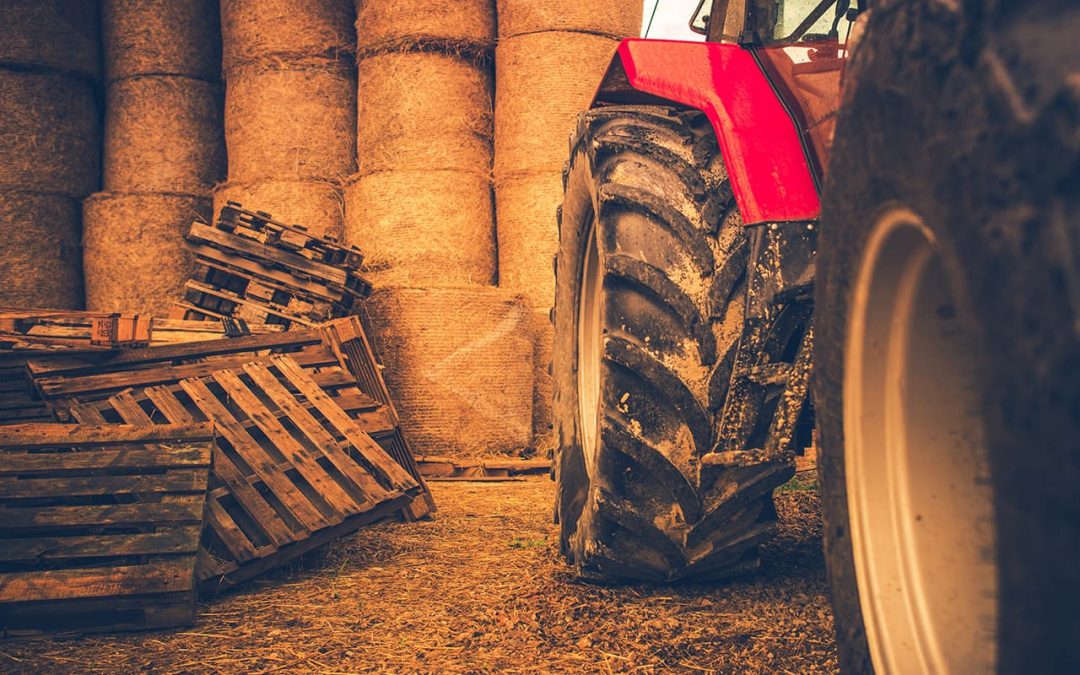Video killed the radio star, and it’s possible that electric tractors are about to put an end to diesel-powered tractors – as well as other agricultural equipment. Car manufacturers have made huge strides with electric vehicles, to the point where Volvo will no longer sell cars with internal combustion engines, and a growing number of European countries are setting a target date of 2040 for ending the use of engines using fossil fuel.
It’s not something completely new that’s coming to farmers, either. Many already have certain types of electric farm equipment, such as feeder wagons and loaders. More are on the way.
Why is Electric Better?
There are three key advantages to an electric tractor:
- They’re more efficient. That big diesel tractor engine only has about a 35% efficiency in converting internal combustion into mechanical energy. An electric motor has a conversion capacity of up to 90%.
- Electric-powered equipment offers greater control, as well as the ability to automate. This can be important to farmers needing to be precise when planting seeds.
- Electric agricultural vehicles in general allow the farming industry to switch to renewable energy – which can easily be produced on the farms themselves. Think of Solar, wind, and even bio-energy.
What’s Preventing Adoption?
The biggest obstacle is cost. Electric motors have few moving parts and tend to be less expensive to produce than the complicated internal combustion engine. Batteries, though, are the most expensive element to electric-powered agricultural equipment.
The trade-off for the higher cost is the environmental aspect. Nearly a third of consumers in the United States say they prefer organic products. This means that farmers must change the way they approach crop production. It’s why electric-powered agricultural equipment is already common for high-value crops like vineyards.
Another challenge is the size of the battery needed to supply continuous power for the electric engine in a tractor. Designers are working on an alternative approach in this area. Instead of one big engine, it’s more efficient to use multiple smaller ones that can apply direct power where needed.
These tractors and other electric-powered agricultural equipment will be built just as ruggedly as their traditional peers. Lower operational costs will allow this equipment to pay for itself quicker than traditional equipment, giving farmers the opportunity to look at upgrades elsewhere.
Many are looking to Miracle Truss® for DIY agricultural buildings. Our designs are nearly maintenance-free and withstand harsh weather. Best yet, the clear span truss technology employed allows for more usable space inside. Use this link to download a brochure to learn more about Miracle Truss® buildings.



